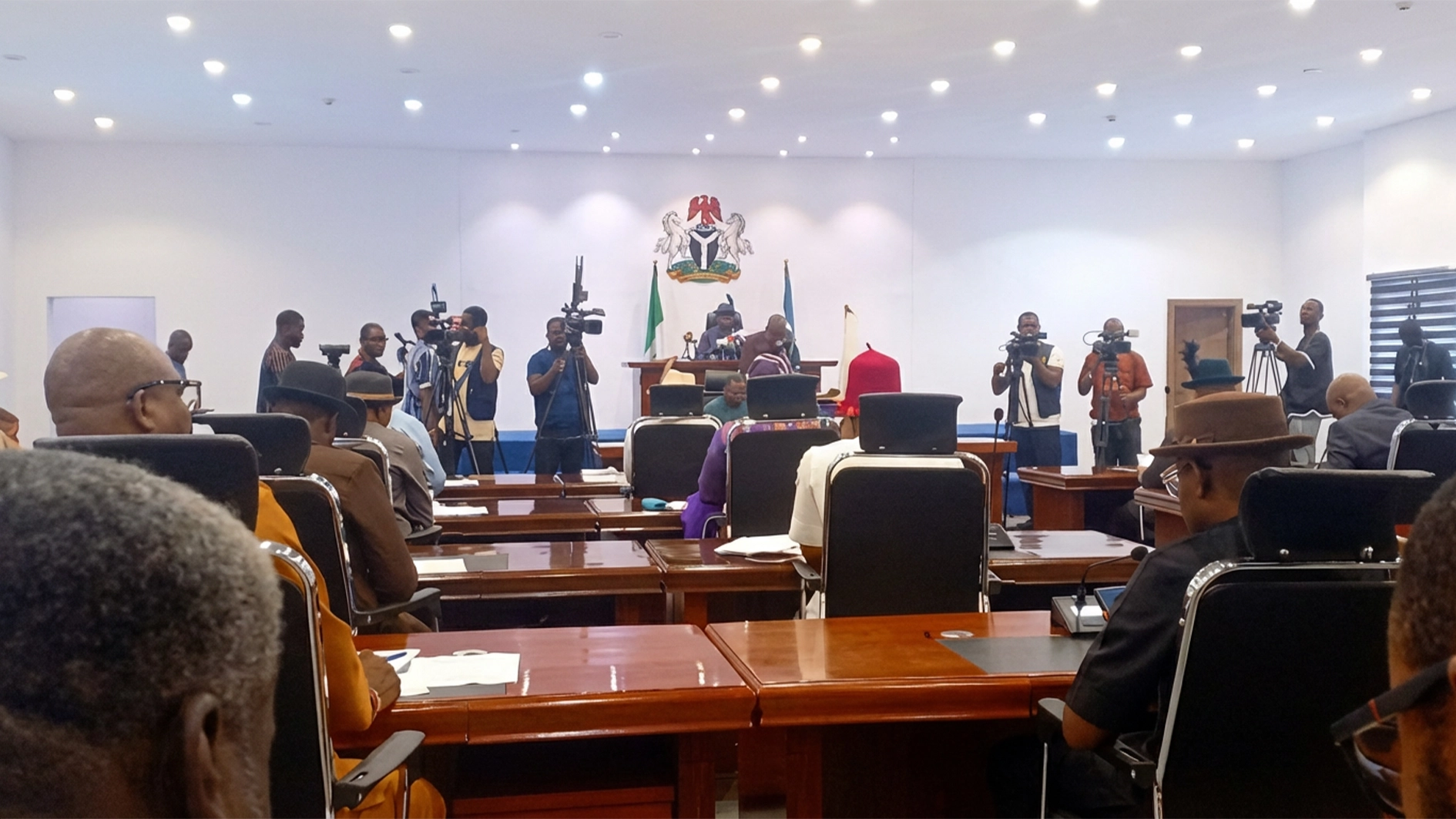
• Reps order Commission to vacate local council premises
Independent National Electoral Commission (INEC) has identified factors responsible for the delayed prosecution of suspected electoral violators during the 2023 General Elections.
The commission, in a statement, yesterday, signed by its Chairman of the Information and Voter Education Committee, Sam Olumekun, identified constitutional immunity granted to state governors and their deputies; outdated status of the electoral laws, and inadequate personnel as the major challenges impeding the smooth trial of electoral offenders in the country.
The commission said the claims made by the Socio-Economic Rights and Accountability Project (SERAP), alleging that the electoral body had deliberately refused to prosecute electoral offenders arising from the 2023 General Election, were ‘false and inaccurate’.
The statement reads: “Specifically, SERAP accused the commission of failure to engage independent counsels to prosecute unnamed governors and deputy governors for sundry violations of electoral laws.
“It also accused the Commission of failing to engage private lawyers to prosecute other electoral offences, including vote buying, during the same election. These allegations are untrue and fly in the face of facts already in the public domain.
“In the first place, governors and deputy governors have constitutional immunity from prosecution. SERAP cannot be unaware of this constitutional provision. In any case, the Commission has no record that any of them has been arrested, investigated and a prima facie case established to initiate their prosecution.”
The electoral body said it also partnered with the Nigerian Bar Association (NBA) under the leadership of the immediate past President, Yakubu Maikyau (SAN), to secure the service of many capable hands, who volunteered to prosecute suspected offenders across the country.
MEANWHILE, the House of Representatives has asked the INEC to relocate its offices in local councils to “secure and neutral” locations.
The lower legislative chamber made the resolution during yesterday’s plenary following the adoption of a motion sponsored by Sunday Nnamchi from Enugu State.
The motion noted that in recent years, INEC offices had been attacked by hoodlums, and electoral materials set ablaze.
Moving the motion, Nnamchi observed that the majority of INEC’s local government offices were situated within the headquarters of area councils.
The legislator said the location was potentially hampering and compromising the independence of INEC in the conduct of elections.
“This proximity exposes INEC to manipulation and control by council chairmen, particularly in areas dominated by a single political party. This impedes INEC’s impartiality as enshrined in Section 6 of the Electoral Act 2022. There is a need to maintain public trust and confidence in the electoral process.”
The motion received a unanimous ‘ayes’ when the Speaker put it to a voice vote.
Consequently, the House asked INEC to make “adequate provision” in the 2025 budget proposal to accommodate the relocation of its offices from LGAs to “secure and neutral” areas.






